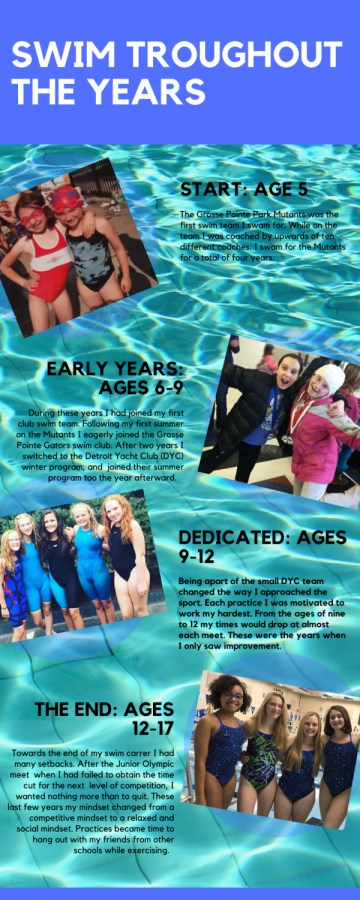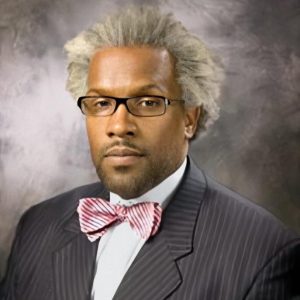Six teams, 20 coaches, 12 years
December 5, 2019

“If you have to puke, puke in the pool!” – Elania
“SIR PLEASE GET OFF THE POOL DECK AND STAND BEHIND THE BAR,” – Coach Liz
*throws snorkel* “Come here!,” – Coach Stacy.
Those are some of the prominent quotes among the many stuck inside my head. Although the ones above are harsh, most of the experiences I have had with coaches throughout my swim career were positive. Even the intense screaming coaches were beneficial experiences, maybe not for my self esteem or mental health, but each confrontation, critique, or “come talk to me after your race because I need to tell you everything you did wrong” taught me something new.
I first joined a club swim team when I was six years old. At that age the coaches are mainly just teaching how to not drown and get across the pool with the least amount of stops. Each day I’d eagerly await my time to get in the pool; after a few months of practice I realized that the group I was enrolled in was too easy, so I moved myself up to the next group which my neighbor was in. After weeks of training in the new group the Coach became aware of my actions and told me to “get out and return to my actual group.”
While crying in the locker room after being not only embarrassed in front of my teammates, but also having all my progress and hard work stripped away from me, I learned my first lesson about working with coaches; they do not pay attention to non-favorites, but when they do you have to prepare for the scolding. That coach did not last as my coach for long, due to her being the oil to my family’s water, but in the short time of being under her command I thickened my skin and started to grow a backbone.
Elania, the coach who inspired me to be the best person in and out of the pool, was my coach after the one who did not realize I moved up. Seeking refuge from a traumatic time, my parents somehow stumbled into another family, The Gelles, who had gone through the same thing. The Gelles had switched to a much smaller team training out of the indoor pool at the Detroit Yacht Club and Elania was the coach.
The practices were challenging, but after each one, a new sensation would flow through my veins; pride. I’m not going to lie, Elania did yell, but I knew what she said was never malicious. If anything what she said was encouraging. From her I learned my second lesson about working with a coach; hard work is tough for a reason, and the more you push through, the better your skills become and the prouder you’ll be of your accomplishments.
At the age of 12, my sanctuary at the DYC fell apart and everyone had to find a new team. This was a terrifying time for me because I had grown so comfortable to my situation, my teammates and coach were my family and I wanted nothing less than to lose them. Eventually I found my new home with the Lakers Aquatic Club. Although Elania was no longer my coach, I still saw her every day because she switched to the same team.
My two new coaches Paul and Stacy expected the same thing from us, but the ways in which they enforce that expectation couldn’t have been more different. Paul has a Phd in a very specific science, so he focused more on the logical side of the sport by giving us a math test and having to explain the technique of a stroke through x, y and z planes. Paul taught me the third lesson; the knowledge gained from a sport can always be applied to real life scenarios.
Coach Stacy on the other hand focused on intensity, which she enforced partly through fear and a sprinkle of humor. Luckily for me I was one of Coach Stacy’s favorites, which she later admitted to, so I was not scolded as much as the others. However, she found her own things other than swim to confront me about. When I was 12, I was very small, five foot three and around 95 pounds. Coach Stacy would constantly pull me to the side and question whether or not I was eating, which infuriated me because at this time I was consuming the largest amount of food I had ever consumed so far in my life. Coach Stacy brought to me the fourth lesson; people will have opinions of you good and bad, but how you interpret and deal with those opinions will shape you as a person.
The last coaches I had, not counting the highschool coach from freshman to sophomore year, are very similar to each other especially Fo and Kealton. The two always have a smile on their face and to hear them raise their voices is an oddity. They taught me the fifth and final lesson of working with coaches; people will be as nice to you as you are to them, so you might as well be kind to them.















































































